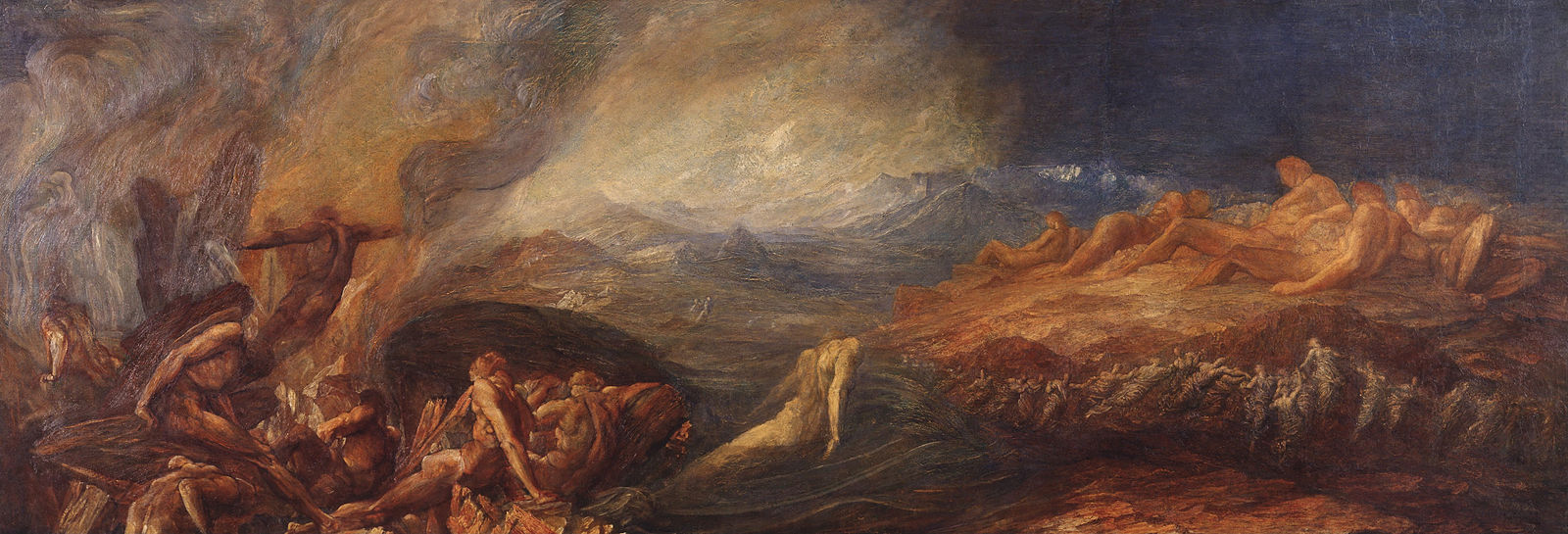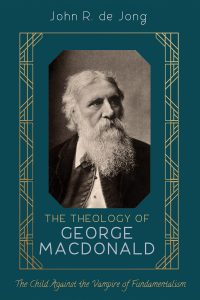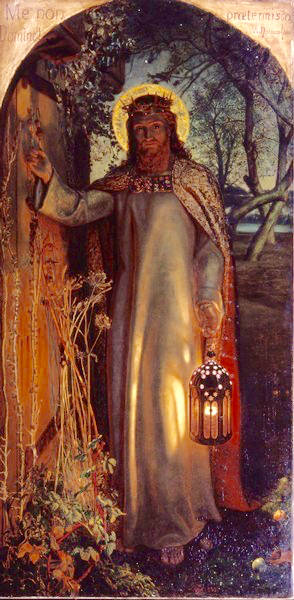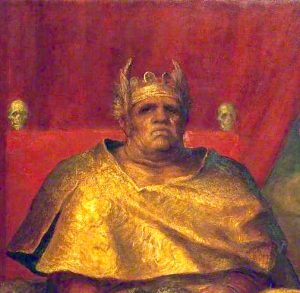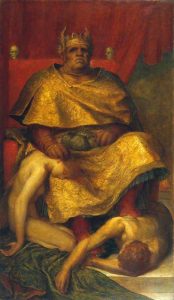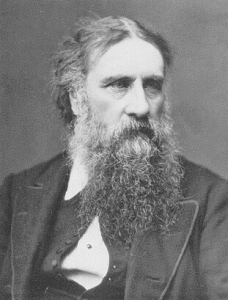
George MacDonald, writing in 1868, observed that when there is contempt for the truth:
” . . . then, as we see in the French Revolution, the wild beast in man breaks from its den, and chaos returns.”
I have no idea whether MacDonald had ever read Dostoevsky, but he too lamented the human capacity for bestiality.
“Indeed, people sometimes speak of man’s bestial cruelty, but that is very unfair and insulting to the beasts: a beast can never be so cruel as a man, so ingeniously, so artistically cruel.”
We are witnessing, increasingly, the violence of this ‘wild beast’. In the ‘light’ of the events in New Zealand, Muslims are right to point the finger at mendacious hypocrites such as Trump who spout xenophobic rhetoric, manufacture ‘invasions’, build walls, and deny both the toxic reality and the extent of white supremacy. Speaking directly to the President, Nihad Awad, executive director of the Council on American-Islamic Relations (CAIR), says:
“The terrorist has quoted the most powerful person in the world, President Trump… We hold you responsible for this growing anti-Muslim sentiment.”
Trump disagrees. Speaking on NBC news on Friday 15 March, he remarked that white supremacists are only ‘a small group of people’, choosing to ignore the fact that one-third of his countrymen are of the opinion that ‘America must protect and preserve its White European heritage’ (Reuters/Ipsos/UVA Center for Politics Race Poll, 2017) and 71% self-identify as those mandated (many say by God) to dominate the earth as God’s chosen nation (Gallup, 2017).
But chosen for what? Theology understands that when God chooses people or nations it is not for salvation (leading to a sense of supremacy) but for demonstration—the demonstration of an alternative kingdom of peace; an ideology that rejects ‘the beast’. In short, those who shed blood—and promote the shedding of blood—are in no way ‘supreme’ but deluded.
As the horror of the events in new Zealand became apparent, Justin Welby, Archbishop of Canterbury, reminded us of a fundamental Christian truth which seems to have been forgotten by so many:
“Jesus calls us to welcome strangers and love our neighbour however different.”
May those of us who claim faith, of whatever affiliation, have the courage to live in this ‘beastly’ world as champions of truth and agents of peace.

 “Yet I know that good is coming to me—that good is always coming; though few have at all times the simplicity and the courage to believe it.”
“Yet I know that good is coming to me—that good is always coming; though few have at all times the simplicity and the courage to believe it.”